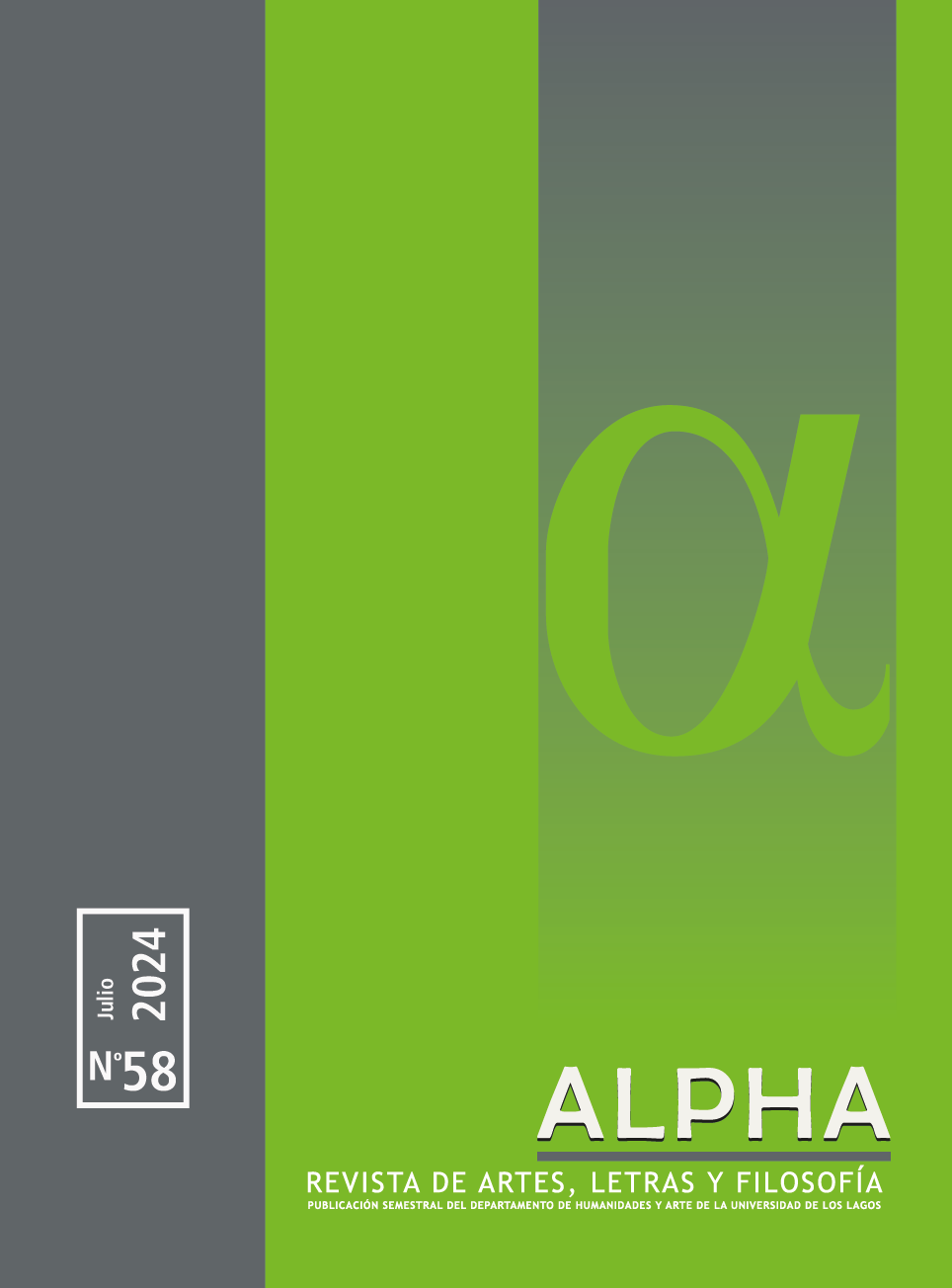Petrarca: from a man to a name
Main Article Content
Abstract
This article aims to criticize the traditional historical-biographical approach in the exegesis of the work of Francesco Petrarca, to propose, instead, the application of some properly poetic analysis tools, thus emphasizing the need for a reading that pays more attention to this type of function, rather than to the referential one, cause of many misunderstandings and an important loss of meaning that affects the entire Petrarchan message. To do this, the article will focus on proper names, a very common constituent element in the works of the poet of Arezzo, and knots of a semantic structure that is connotative, rather than denotative. An approach, that is, that disagrees with most interpretations, always oriented towards the consideration of them as mere referents of historical identities. Among these names, the poet's own name takes a special value, as it should, which far from being the simple referential identification between writer, author, narrator, and protagonist, turns out to be rather the seed of a vast and articulated mythopoetic construction, precise vehicle of an important part of the poetic message that the author bequeaths to posterity and that holds to virtue and ethical and moral improvement.
Article Details
Downloads

This work is licensed under a Creative Commons Attribution-NonCommercial 4.0 International License.
